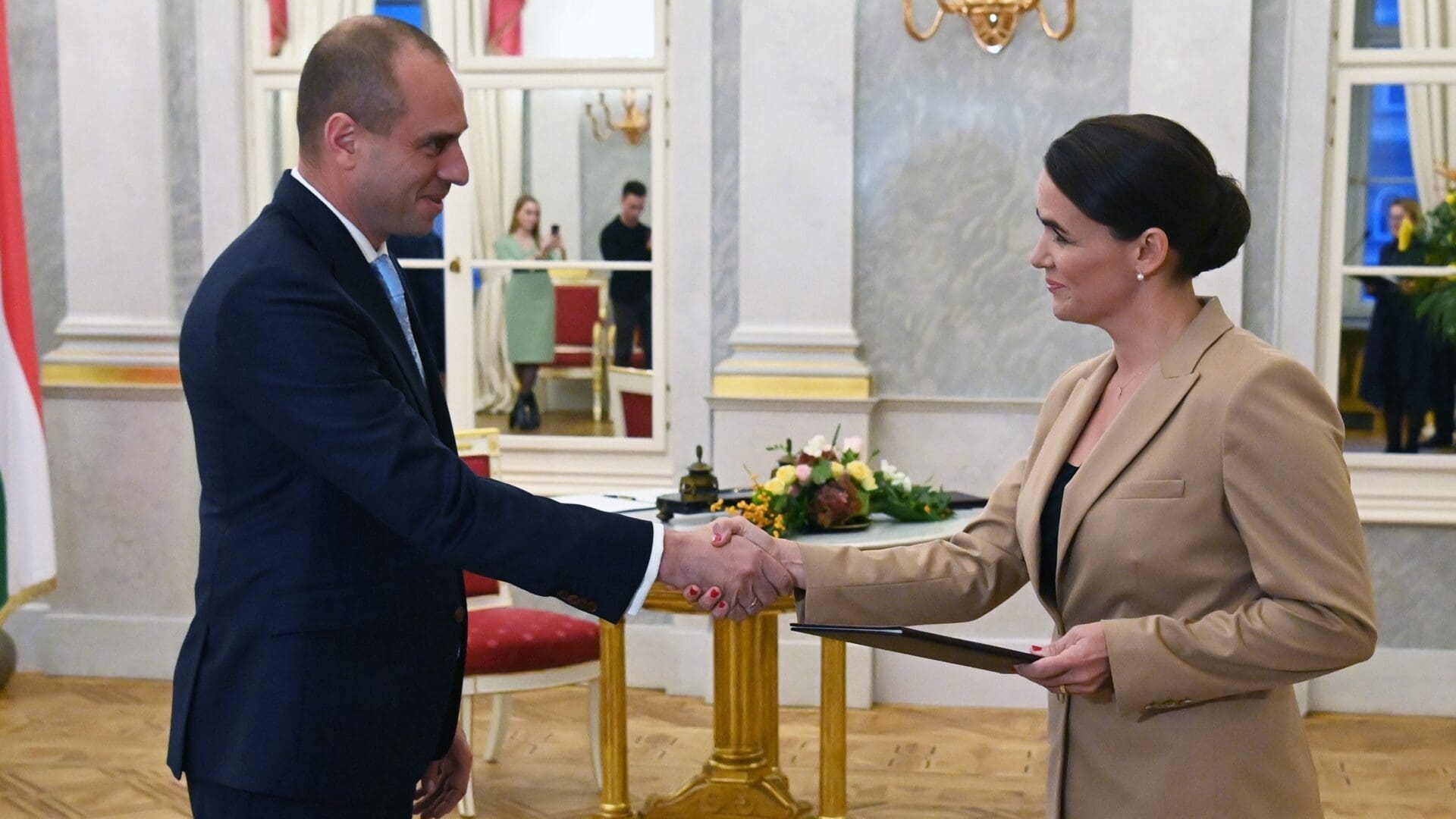The Anti-Corruption Task Force submitted its first annual report to the government, as announced by the Integrity Authority on Monday to state news agency MTI.
The Anti-Corruption Task Force, operating under the Integrity Authority, held its inaugural meeting in December last year and in order to be able to start operation as soon as possible, established five continuously operating sub-task forces in the areas of public procurement, EU and national support programmes, public data transparency and accountability, criminal and criminal procedural law, as well as rules of procedure and monitoring, according to the statement.
The task force, composed of civil and government members, has made forward-looking proposals to combat corruption in its 2022 report, the statement says.
The body attaches great importance to education,
thus promoting the creation of guidelines, campaigns, training, and conferences on conflicts of interest and corruption prevention that target economic stakeholders and society as a whole, including those participating in public procurement procedures.
In addition, the task force has also produced consensus proposals, such as expanding the scope of investigations into unexplained wealth to cases where such crimes as bribery or trading in influence are suspected. The sub-task forces considered all the proposals presented by their civil members. As some of the proposals require more work and longer investigations within state institutions, they will be probably included in the 2023 work plan.
By law, the Anti-Corruption Task Force prepares a report by 15 March each year and submits it to the government, which discusses the proposals within two months. If a proposal is rejected, the government informs the task force’s chairman of the reasons for its decision. This year’s full document will soon be available on kormany.hu, as stated in the press release.
Ferenc Bíró, chairman of the Integrity Authority and the Anti-Corruption Task Force, described the report’s adoption as symbolically significant, stating that it is a milestone in creating proposals based on a consensus between government and civil society representatives on how to combat corruption. Szilvia Várady, the task force’s civil vice-chair, added that the group would reconvene in a few weeks to prepare its 2023 work plan.








